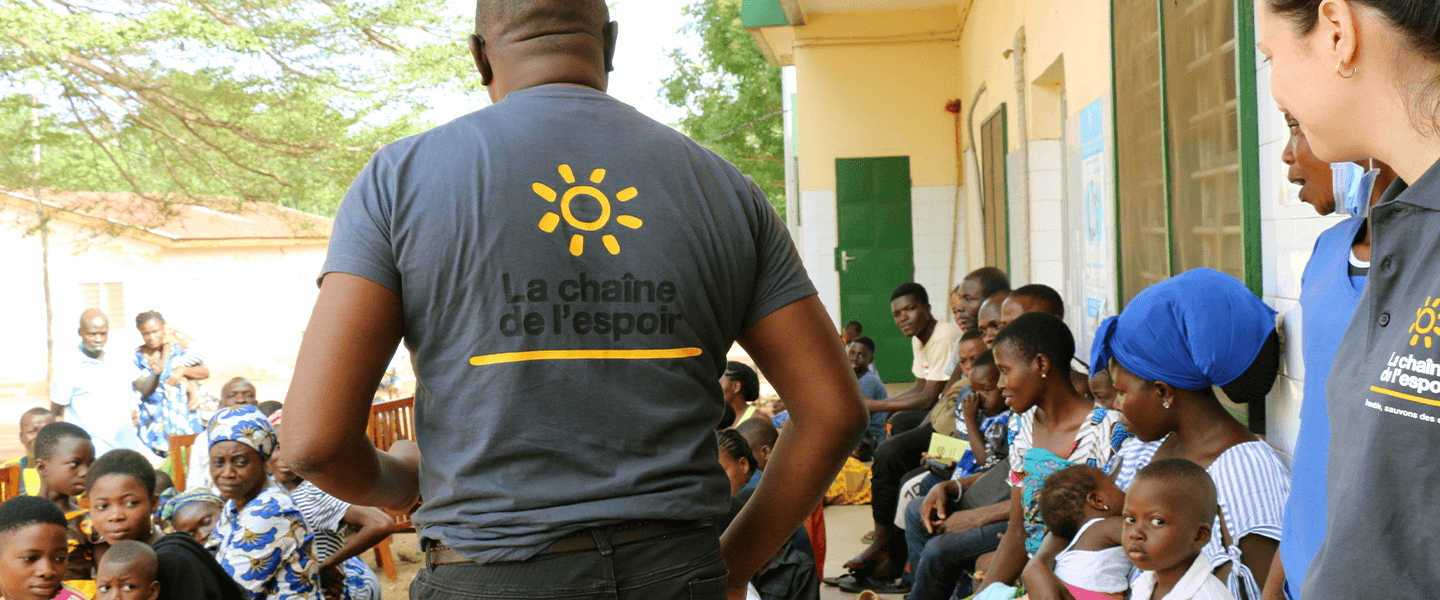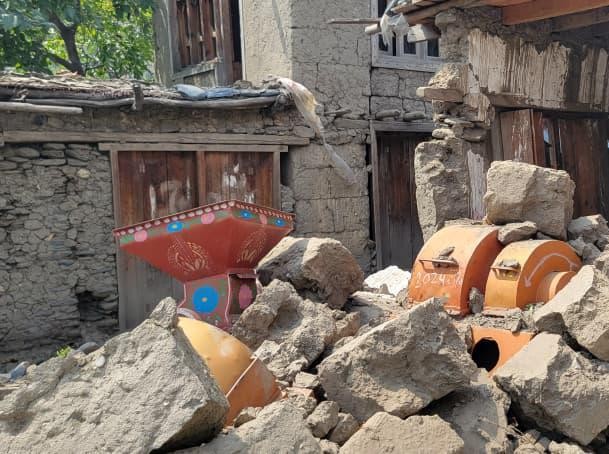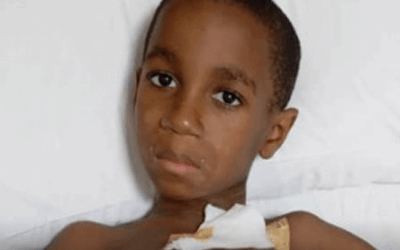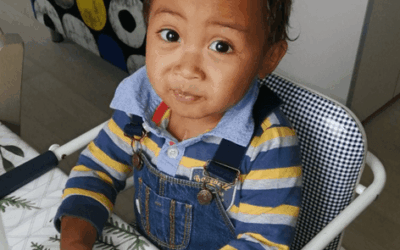Afghanistan earthquake emergency: La Chaîne de l’Espoir mobilized
The human toll is already dramatic: over 800 people have lost their lives and more than 2,700 have been injured, according to provisional figures.
In addition to the loss of life, hundreds of families have been left homeless, in a context already marked by instability and the fragility of the health system.
Afghanistan had already suffered a major earthquake in 2023, killing over 1,500 people and destroying almost 63,000 homes.
Faced with this latest tragedy, La Chaîne de l’Espoir is mobilizing, as it did in December 2024 in Mayotte following the passage of cyclone Chido. Present in Afghanistan since 2001, our association built and co-manages theFrench Medical Institute for Mother and Child (IMFE) in Kabul, a benchmark facility in the region.
Thanks to our long-term presence and the experience we have acquired in the field, we are in a position to react quickly. Two medical teams are ready to be deployed as close as possible to the disaster areas to provide essential support: care for women and children, screening and referral of serious cases to the IMFE, so that no victim is left untreated.
Wednesday, September 3, 2025 – Our colleagues on site
In the early hours of the morning, three doctors, a nurse and a midwife arrived at the scene of the disaster. They were able to refer the injured and send them by ambulance to the IMFE in Kabul. Five children and a pregnant woman were treated.
Our work helps to relieve the region’s overburdened hospitals. For example, some health facilities have only 10 intensive care beds… So we can take on the most complex cases, which helps to relieve these facilities whose capacity would otherwise have been fully absorbed.
As Anthony Dutemple, head of mission for La Chaîne de l’Espoir, explained in an interview with TV5MONDE, the aim is ” to support the provincial hospital and to be able to accept the most urgently wounded for specialized medical and surgical care – especially orthopedic and trauma surgery.
Thursday, September 4, 2025 – First operations
The first patients transferred to the IMFE – the 5 children and the pregnant woman referred the day before – received surgical treatment.
Monday, September 15, 2025 – An influx of patients at IMFE
As of September 15, the IMFE had welcomed 12 patients – one boy and 11 women and girls – referred by La Chaîne de l’Espoir from areas affected by the earthquake in Afghanistan.
More precisely, 11 of the referenced patients came from Kunar, the Afghan province most affected by the natural disaster. A 4-year-old child came from Laghman province.
Pathologies mainly concerned multiple trauma and fractures, and the majority of the injured were pregnant women or young girls, who, in addition to the care provided, benefited from psychosocial support, some of whom had lost several family members.
To date :
- 10 patients have been discharged from hospital, 6 of whom require post-operative follow-up. La Chaîne de l’Espoir will be responsible for the follow-up care, covering all costs.
- 2 patients remain hospitalized: their condition is stable but they are under close medical supervision.
Our services combine surgical care, medical follow-up and psychosocial support, to ensure continuity of treatment beyond the immediate emergency.
The following stories of patients referred to IMFE as part of our emergency response illustrate the critical need for psychosocial support:
- A 14-year-old girl suffered severe head trauma in the earthquake and lost six of her siblings. The loss of almost her entire family has had a profound effect on her. She is currently receiving medical care in hospital, where her father, her only surviving relative, is looking after her. The child has recurring nightmares, and is constantly afraid.
- A little girl, aged just 4, survived a serious chest injury. She lost her mother, a sister and a brother in the earthquake. She is now being cared for by her grandmother, who is struggling to meet her medical and emotional needs. The child shows signs of distress – withdrawal, frequent crying, difficulty sleeping – which highlights the need for specific psychosocial interventions for very young children, in addition to essential medical care.
- Already in a highly vulnerable situation, a 27-year-old pregnant woman is suffering from acute renal failure and a fractured femur. She also lost her husband and two children in the disaster. Beyond her physical recovery, she must cope with immense pain, pregnancy-related anxiety and fear for the future. Psychosocial support is essential to help her overcome her grief, regain confidence in her ability to care for herself and her unborn child, and get through the trauma of such a loss.
- A survivor with multiple serious injuries, including spinal trauma, head trauma and acute renal failure, a 28-year-old woman lost eleven family members in the earthquake. She is experiencing extreme emotional distress, despair and great difficulty in performing everyday tasks. Without dedicated psychosocial support, her recovery is threatened, both physically and psychologically. Interventions such as trauma-focused therapy and community reintegration support are needed.
These cases illustrate that the impact of the earthquake goes far beyond physical injury. Survivors have to cope with deep grief and severe psychological distress, often with limited family or community support. Effective psychosocial support – including psychological first aid, individual and collective accompaniment, safe spaces for children and women, and support from medical staff – is essential to help them cope, recover and rebuild their lives.
As of September 12, a provisional toll stood at 2,205 dead, 3,640 injured, 6,700 homes destroyed and 500,000 people directly affected, including 263,000 children. At least 1,172 children lost their lives, more than half the total number of victims.
Together, let’s mobilize





